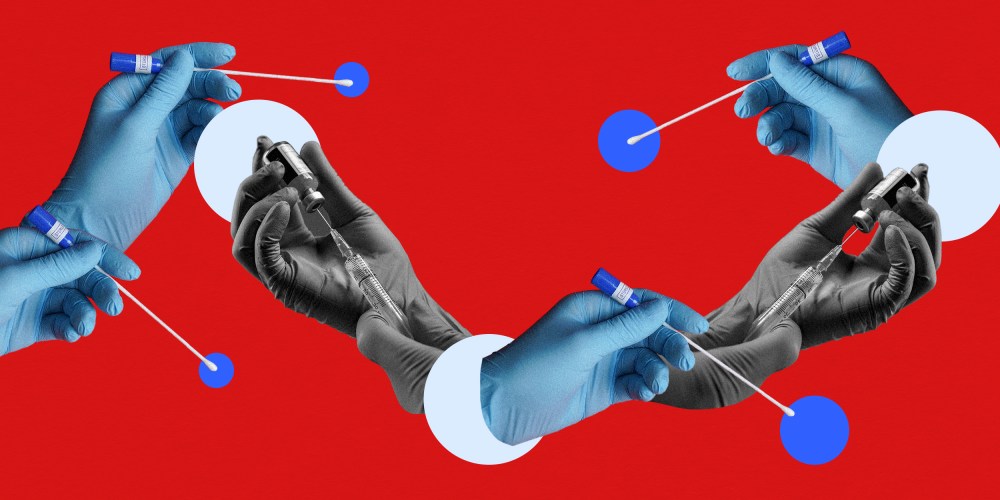The emergence of the omicron variant of the coronavirus has raised concerns around the world about the possibility of yet another surge in Covid-19 cases and questions over how effective vaccines will be in fighting them off.
Much about the seemingly exceptionally contagious variant remains unclear, and public health officials are calling for calm as they gather more data. But this latest round of hand-wringing — as we approach two years of suffering and anxiety over the virus — is a clear reminder of the short-sightedness of inattention to global vaccine inequity.
The game changer in the near term isn’t going to be some miraculous medical breakthrough but rather a tool we already have: social solidarity.
Currently we’re pitting scientific innovations against the virus, primarily in the form of vaccines, against the virus’s own innovations, in the form of mutations that give it greater transmissibility and the capacity to circumvent our technological advances. But humanity is going to have a great deal of trouble winning this race without making sure that steps are taken to actually share technology beyond rich countries, reducing the possibility of dangerous new variants’ emerging and spreading among populations with virtually no access to the vaccines. The game changer in the near term isn’t going to be some miraculous medical breakthrough but rather a tool we already have: social solidarity.
Epidemiologists and virologists have long pointed out that Covid-19 infections among unvaccinated people and unvaccinated populations increase the likelihood of dangerous mutations’ spreading. “Unvaccinated people are potential variant factories,” Dr. William Schaffner, a professor of infectious diseases at Vanderbilt University Medical Center, told CNN this summer. “The more unvaccinated people there are, the more opportunities for the virus to multiply.”
Meru Sheel, a senior research fellow at the National Center for Epidemiology and Population Health at the Australian National University, explained to The Guardian how the omicron variant might have been less likely had the world been more evenly vaccinated:
Science tells us we could have avoided the emergence of this new variant of concern. Viral mutations are a part of natural selection and are common. When the virus enters a cell, it can make copies of itself that go off and infect other cells and then pass to another person. Sometimes during this process of copying in non-immune persons, it may introduce an “error” or mutation, and at times these mutations can offer competitive advantage to the viruses to spread from one non-immune person to another. But if a person is already immune (say from vaccination), then the virus cannot spread between people, preventing the emergence of new variants.
Omicron was first detected in South Africa. That doesn’t mean it originated there, but South Africa’s 27 percent vaccination rate — which skews heavily urban; the rates are in the single digits in some rural areas — means the country’s population was not well-protected against its spread.
South Africa actually has one of the better vaccination rates on the continent; in Africa just 10 percent of people have received one dose of a vaccine. The region provides what public health experts consider an optimal environment for generating new variants.
Low vaccination rates in Africa typify a broader problem among the world’s poorer nations: While 66 percent of people in high-income countries are fully vaccinated, a mere 2.5 percent in low-income countries are fully protected. The gap is particularly obscene when one considers how rich countries like the U.S. are offering boosters to their adult populations while about 3.5 billion people in the world have yet to receive one dose.













